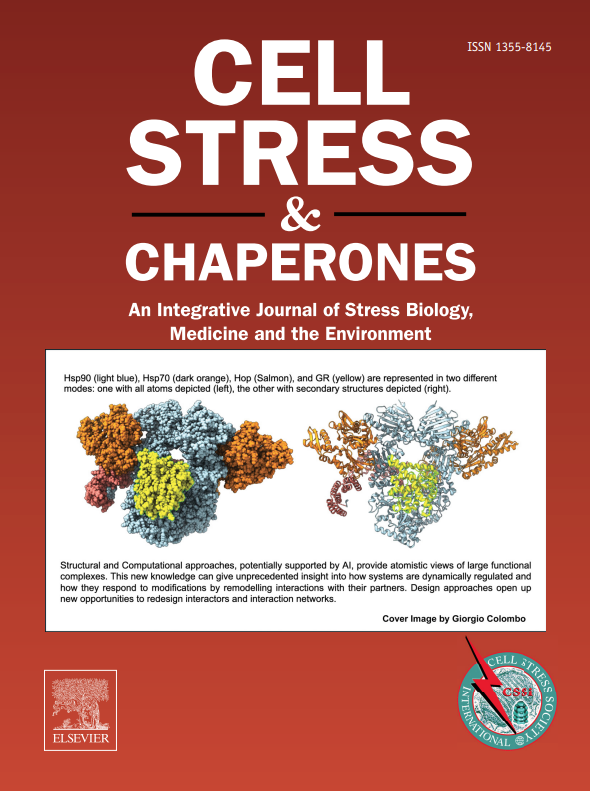Cold stress increases reactive oxygen species formation via TRPA1 activation in A549 cells
IF 3.3
3区 生物学
Q3 CELL BIOLOGY
引用次数: 0
Abstract
Reactive oxygen species (ROS) are responsible for lung damage during inhalation of cold air. However, the mechanism of the ROS production induced by cold stress in the lung is still unclear. In this work, we measured the changes of ROS and the cytosolic Ca2+ concentration ([Ca2+]c) in A549 cell. We observed that cold stress (from 20 to 5 °C) exposure of A549 cell resulted in an increase of ROS and [Ca2+]c, which was completely attenuated by removing Ca2+ from medium. Further experiments showed that cold-sensing transient receptor potential subfamily member 1 (TRPA1) agonist (allyl isothiocyanate, AITC) increased the production of ROS and the level of [Ca2+]c in A549 cell. Moreover, HC-030031, a TRPA1 selective antagonist, significantly inhibited the enhanced ROS and [Ca2+]c induced by AITC or cold stimulation, respectively. Taken together, these data demonstrated that TRPA1 activation played an important role in the enhanced production of ROS induced by cold stress in A549 cell.
冷应激通过激活 TRPA1 增加了 A549 细胞中活性氧的形成。
活性氧(ROS)是吸入冷空气时造成肺损伤的原因。然而,冷应激诱导肺部产生 ROS 的机制仍不清楚。在这项研究中,我们测量了 A549 细胞中 ROS 和细胞膜 Ca(2+)浓度([Ca(2+)]c)的变化。我们观察到,A549细胞暴露于冷应激(从20℃到5℃)会导致ROS和[Ca(2+)]c的增加,而去除培养基中的Ca(2+)后,ROS和[Ca(2+)]c的增加完全减弱。进一步的实验表明,冷感瞬时受体电位亚家族成员 1(TRPA1)激动剂(异硫氰酸烯丙酯,AITC)增加了 A549 细胞中 ROS 的产生和[Ca(2+)]c 的水平。此外,TRPA1 选择性拮抗剂 HC-030031 能显著抑制 AITC 或冷刺激分别诱导的 ROS 和[Ca(2+)]c 的增强。综上所述,这些数据表明 TRPA1 激活在冷应激诱导 A549 细胞产生更多 ROS 的过程中发挥了重要作用。
本文章由计算机程序翻译,如有差异,请以英文原文为准。
求助全文
约1分钟内获得全文
求助全文
来源期刊

Cell Stress & Chaperones
生物-细胞生物学
CiteScore
7.60
自引率
2.60%
发文量
59
审稿时长
6-12 weeks
期刊介绍:
Cell Stress and Chaperones is an integrative journal that bridges the gap between laboratory model systems and natural populations. The journal captures the eclectic spirit of the cellular stress response field in a single, concentrated source of current information. Major emphasis is placed on the effects of climate change on individual species in the natural environment and their capacity to adapt. This emphasis expands our focus on stress biology and medicine by linking climate change effects to research on cellular stress responses of animals, micro-organisms and plants.
 求助内容:
求助内容: 应助结果提醒方式:
应助结果提醒方式:


